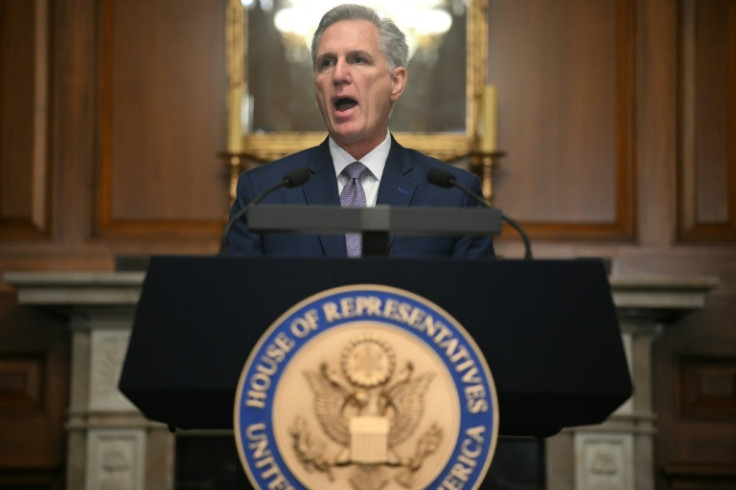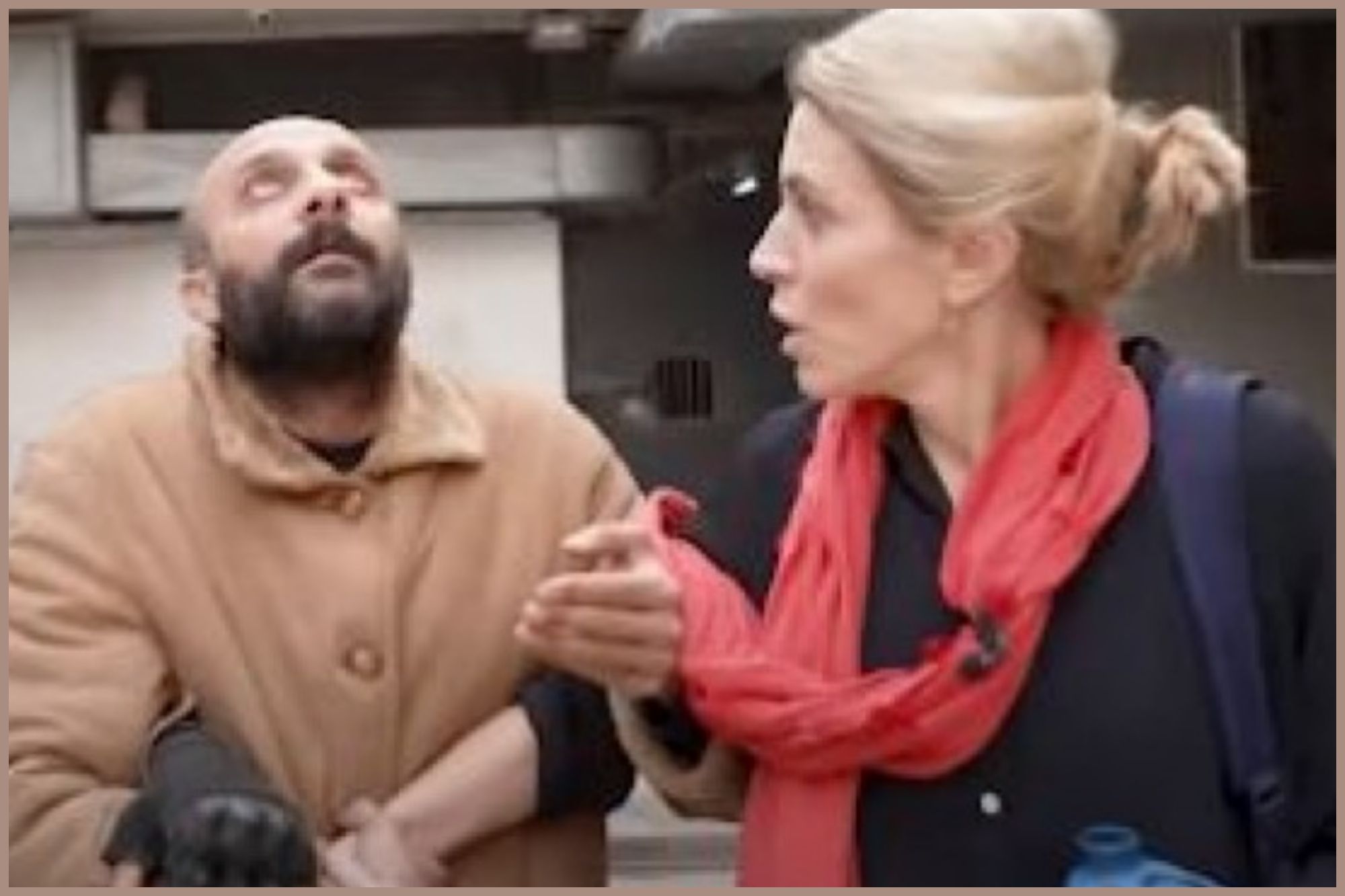Republicans were set to pick their candidate for speaker of the US House of Representatives on Wednesday as war in the Middle East and a looming government shutdown underscored the urgent need to end the leadership vacuum.
The party has been in a tailspin since a handful of hardliners forced out Kevin McCarthy eight days ago, leaving the Republican-controlled lower chamber of Congress unable to respond to mounting international and domestic challenges.
Majority Leader Steve Scalise and Judiciary Committee chairman Jim Jordan, the two congressman vying to replace McCarthy, are popular and share similar policy platforms — but neither has emerged as a clear frontrunner.
“I think we’ve got two great choices though,” Representative Matt Gaetz of Florida, the ringleader in McCarthy’s dismissal, told reporters as the two hopefuls made their pitches at a “candidate forum” on Tuesday.
“And whichever of these in these great men get a majority of the conference, I’ll be really proud to vote for on the floor.”
Before picking their nominee, Republicans will vote on a proposal to raise the threshold for the party’s endorsement to 217 — the number of votes needed to succeed in the 433-member full House, which includes 212 Democrats.
Current rules require only a simple majority for the internal vote.
But Republicans — who pick their nominee by secret ballot — want to ensure they do their fighting in private and are able present a united front when their nominee comes to the floor.
McCarthy’s truncated term began in chaos and public bickering in January, as Republicans almost came to blows over 15 bitter rounds of voting that played out on national television.
If the reform is rejected, the Republican candidate will likely pick their candidate on a simple majority and go to the floor on Thursday.
But adopting the change would likely draw out the process, with as many as four rounds of voting punctuated by question-and-answer sessions for each candidate.
Jordan has around twice as may public endorsements as Scalise — including the coveted backing of former president Donald Trump — but is seen as divisive by colleagues who recall his pivotal role in the downfall of a previous Republican speaker, John Boehner.
Both hopefuls were asked at the candidate forum if they would support the eventual nominee and Scalise was clear that he would back Jordan.
But the Ohio Republican was hesitant in reciprocating, prompting concerns over his ability to unify the party.
Kentucky’s Thomas Massie estimated there was a “two percent” chance that the party would have its nominee by the end of Wednesday.
Failure by Scalise or Jordan to garner decisive support would open the door to a wild-card candidate.
McCarthy had spent days flirting with the idea of a comeback, but ultimately backed down, telling reporters he had asked colleagues not to nominate him.
“I’m not thrilled with either candidate,” Colorado’s Ken Buck, another of the rebels who voted to oust McCarthy, told Politico.
He said he expected up to 30 Republicans not to cast a ballot for either in the first round of internal voting.
The drama has been playing out against the backdrop of an escalating conflict between Israel and Hamas militants who launched a deadly attack at the weekend, with a paralyzed Congress unable to authorize new emergency aid for the US ally.
And lawmakers have until November 17 to reauthorize federal spending levels and avert a damaging government shutdown.
AFP

AFP







